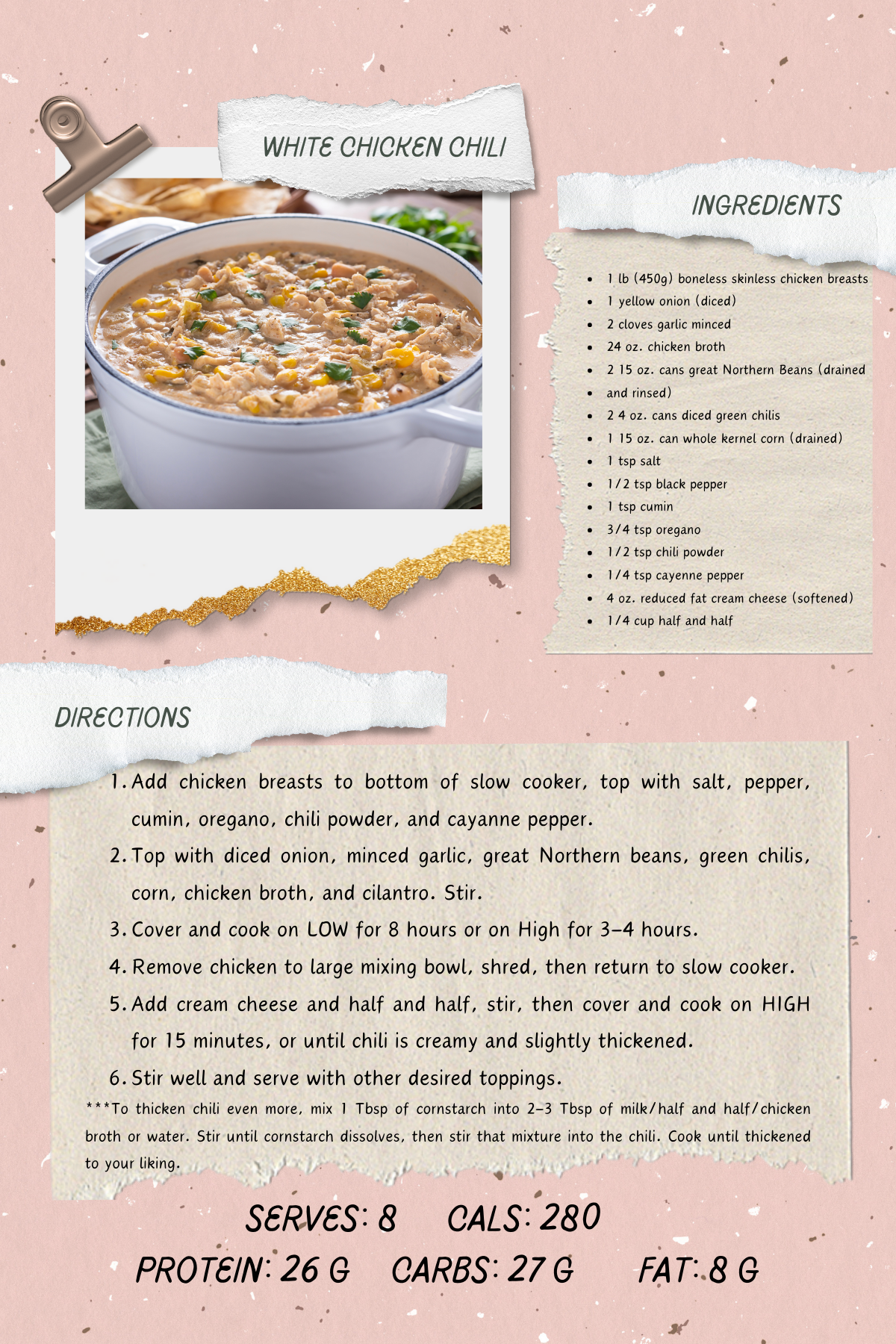Heal from the SHAME that binds you.
/“Empathy is the antidote to shame,” according to Brene Brown, PhD. whose research on vulnerability, courage and shame is internationally acclaimed. I wholeheartedly agree with Dr. Brown. I am grateful to her for bringing talk of shame onto the stage of public awareness.
Many people use shame and guilt interchangeably, but they are really very different concepts. Guilt involves feeling remorseful for doing something wrong or against our values. Guilt serves the purpose of reminding us not to repeat offensive behaviors. If loyalty is something you value, then you would likely feel guilty if you talked badly about your friend behind her back. Your guilt would hopefully remind you to refrain from doing that again.
Shame, on the other hand, is the feeling and the belief that you are not good enough. Shame is a deep, painful feeling that there is something inherently flawed about you, that you are not worthy of love or being accepted. You believe you are somehow unacceptable.
Shame, I believe, is the result of an interpretation we make about ourselves basedon the way we are treated by others. For example, if kids at school regularly exclude a child, the child wonders, “What is wrong with me that the other kids don’t want to play with me?” If a parent abandons a family or fails to pick a child up on their visitation days, the child wonders, “Why doesn’t my parent want to get me? What did I do to make them stay away?” If a child is neglected or abused at home, at school, at a babysitter’s, by a coach, a scout leader or a bully, the child believes there is something wrong with who they are. They believe they are flawed.
They carry this sense of being unacceptable or unworthy deep inside. They may “fake it” around others, but they are aware of this internal sense of being “less than.” Shame is painful. People try to stifle the never-ending gnawing sense of shame that nips at their heels, trying to get some attention in order that it can be dealt with and healed. We try to numb the shame with alcohol, drugs, food, shopping, gambling, sex and too much time on the internet. We punish ourselves with those same chemicals and behaviors because we believe the shame that tells us we are unlovable and unacceptable. Our shame is self-perpetuating. We eat too much, gain weight and reinforce that we are unlovable. We drink too much, behave in ways that embarrass us and remind us that we are flawed. We sleep around, seeking affirmation and acceptance, only to feel rejected and ultimately, even less desirable. Shame begets unhealthy behavior, which begets increased shame.
Around the time I went to treatment in 1989, John Bradshaw was a very popular speaker on topics related to addiction and recovery. He wrote a timeless book titled, Healing the Shame That Binds You. I cannot think of a title for life that better states what the secret to happier, healthier living is: HEALING the SHAME that truly does bind us.
Until we work through our shame and the neglect, abuse, and loss precipitating the shame, we are bound by it. Until we heal from believing that we are unlovable, worthless and unacceptable, we cannot have truly healthy relationships with others. If you struggle with food issues, you cannot have a healthy relationship with food until you have learned to have a healthy relationship with yourself. That means healing your relationship with yourself. Learning to appreciate, accept and treat yourself in kind and healthy ways.
How? Through therapy, a formal program of recovery, support from sponsors and friends, by addressing unresolved neglect, abuse, and loss, and developing healthy self-talk.
The process of healing from shame begins with empathy. Empathy for yourself related to the experiences you suffered that left you feeling shame-filled. Empathy for being a child who was being bullied, neglected, abused, abandoned, criticized, picked on, or laughed at. Allow yourself to feel what those experiences were like for you and talk to someone about what happened and how it felt. Realize you were a child and could only think like a child. You did what you could and what you had to do at that time.
You are now an adult. Healing from shame means you must treat your mind and your body in healthy ways. Use positive self-talk and stop beating yourself us with negative thoughts. Put healthy food in your body and give it exercise. Choose healthy friends and a solid support team. Stick with the winners. Be a winner.
My Health. My Responsibility. This Day. Every Day.




